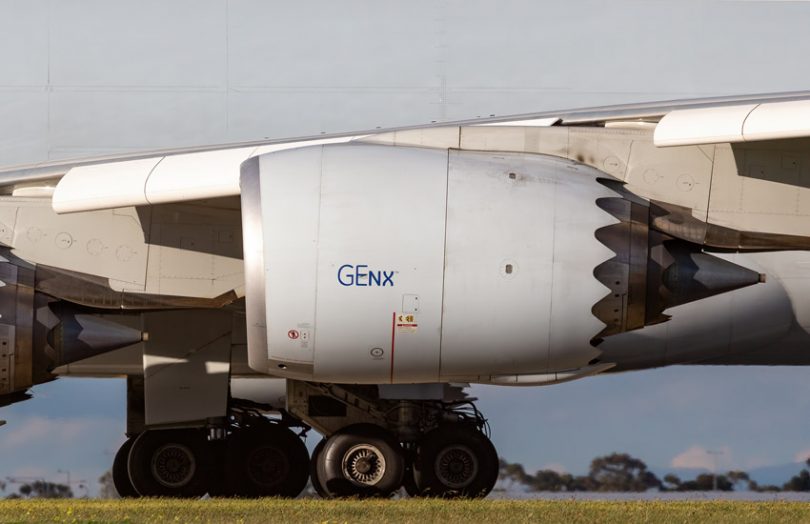Today TE-FOOD said it has partnered with GE Aviation for blockchain solutions. TE-FOOD is a track and trace company that, to date, has focused on the food sector. It has blockchain food traceability deals with some big names, including French retailer Auchan, Swiss retailer Migros, Vinamilk and others. GE Aviation confirmed the alliance on LinkedIn.
Last year GE Aviation’s Digital Group revealed it was starting to use blockchain to track the ancestry of parts used in aircraft engines as part of its TRUEngine offering. In terms of scale, GE has 64,000 engines installed in commercial and military aircraft. PwC estimates blockchain could cut maintenance and repair costs globally by around 5% or $3.5 billion. Those savings will be sorely needed as the sector struggles to recover from the impact of COVID-19.
Historically the lineage of a part was tracked using paper and more recently, it involved tracing the history through multiple ERP systems. At the time, GE Aviation’s David Havera, said: “Blockchain drives up to 50 percent higher residual value for used spares material, a faster resale process, easy portability and improved productivity for asset transfers.”
TE-FOOD said its food traceability solution is being adapted to enable the tracking of both documents and events by aviation OEMs, the maintenance, repair and overhaul (MRO) network, as well as airlines and lessors.
Asked how it relates to TRUEngine, a TE-FOOD spokesperson told Ledger Insights: “the current offering builds on the experience GE Aviation gained with TRUEngine, combined with TE-FOOD’s experience in the food traceability and digital identification/verification of physical assets.”
If you step back, there is a reasonable amount of overlap between the two supply chains. For example, with food there are inspections, as there are quality inspections for aero parts, and both have logistics. But the repair and overhaul process is quite different, although it may be a matter of attaching documents to the blockchain.
The blockchain solution will enable supply chain participants to connect information and sign and verify documents digitally. For a complete lineage, historical paper records can be integrated, and by using blockchain all the data is stored in a secure and reliable manner. Apart from having all the data organized, it can also be aggregated for reports.
Both TE-FOOD and GE Aviation have used Ethereum to date. In GE Aviation’s case, it has been an enterprise blockchain version, whereas TE-FOOD sometimes uses the public blockchain. Apart from TE-FOOD’s product traceability framework, GE Aviation will also used TE-FOOD’s BlockSeal signature and document verification solution.
Using blockchain to track aircraft parts through the maintenance, repair and overhaul process can bring significant efficiencies as others have recognized. Honeywell launched an online parts portal leveraging blockchain and Boeing recently added $1 billion of inventory to the store.
Four months ago, industry body SITA launched the MRO Blockchain Alliance to track, trace and record aircraft parts.
Six months ago, Rolls Royce ran a Blockchain Innovation Challenge in Singapore focused on aircraft engine maintenance. And one of the first to look at the sector was Thales and Accenture back in 2018.






